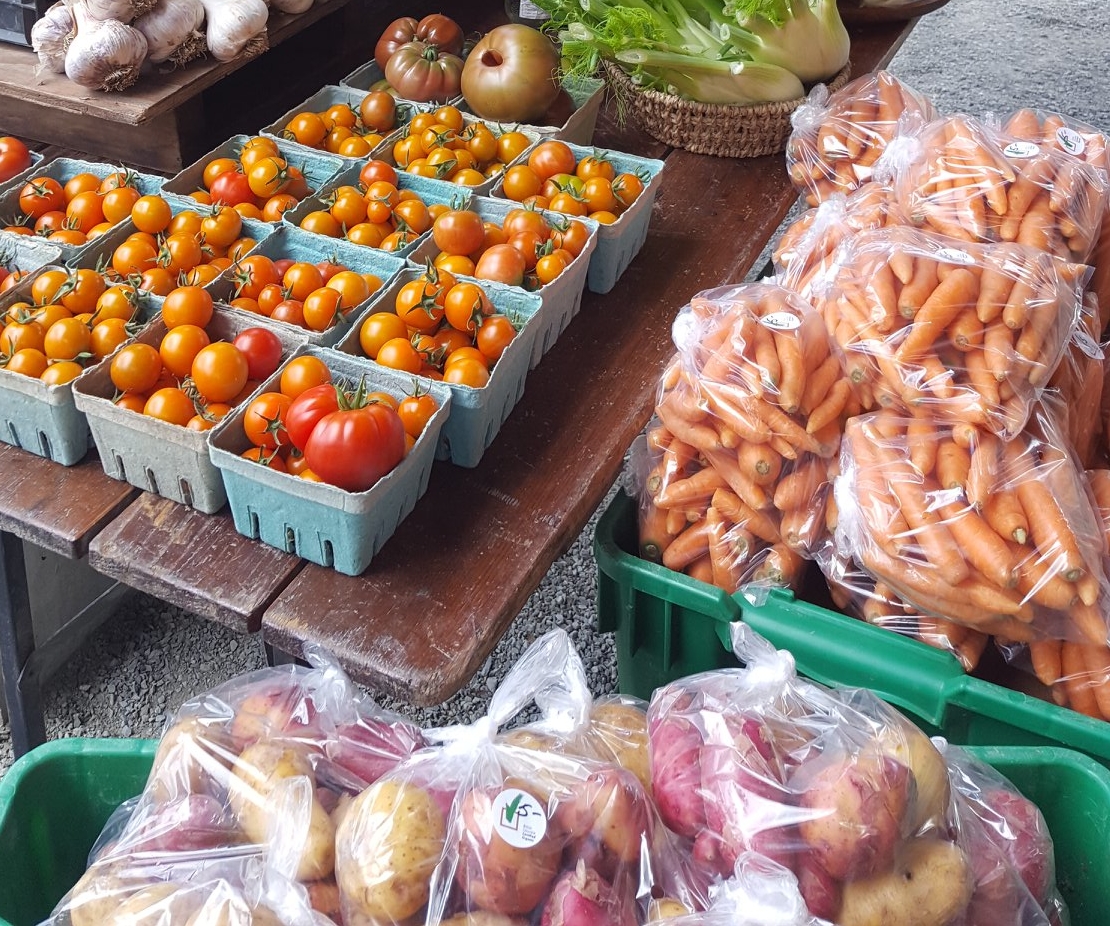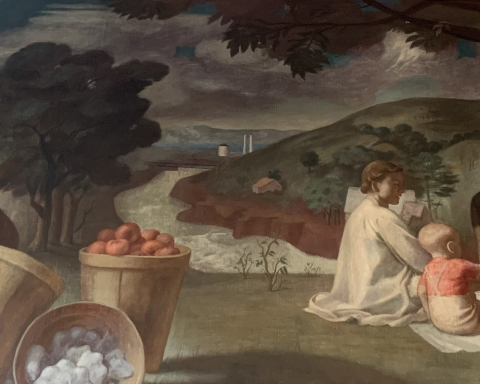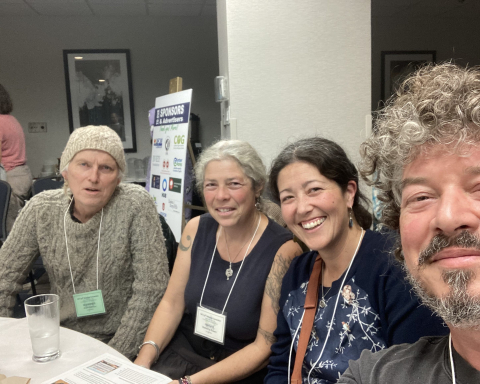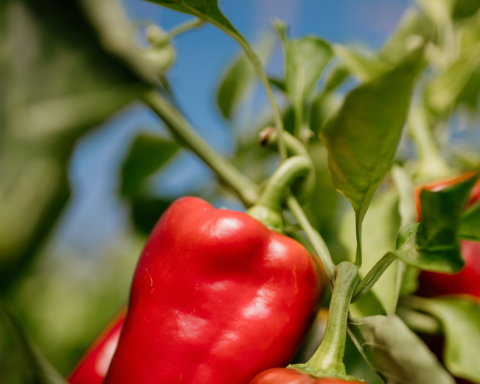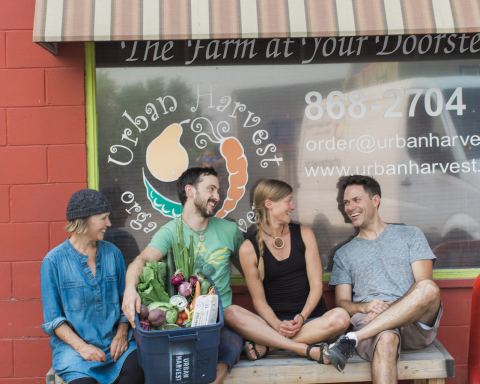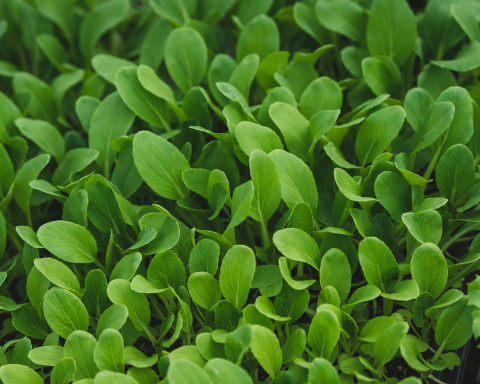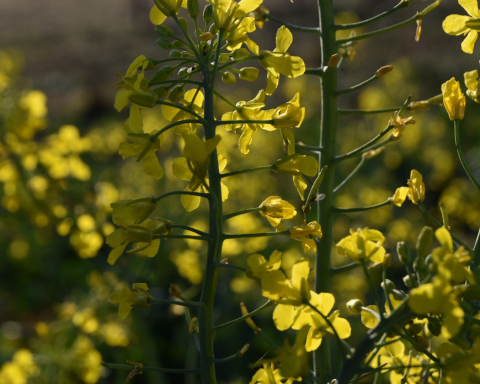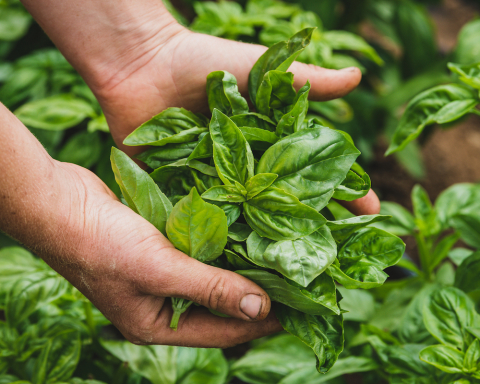Anna Helmer
At the recent COABC conference I enjoyed an unfinished conversation with a peerless organic industry leader about how certain words traditionally associated with our alternative/organic farming movement are being co-opted by mainstream agriculture. Case in point: General Mills using the word “regenerative” to describe some decidedly non-organic, chemically supported farming practices. Some consumers don’t give a hoot one way or another of course, but a certain segment really wants to do the right thing and have previously associated the word “regenerative” with good farming. Using that word is an obvious ruse intended to reassure a large conscientious consumer group: General Mills wants to keep their business.
The galling thing, as far as being an organic farmer goes, is that we might feel “regenerative” is our word. For starters, we used it first; furthermore, we practice it; bottom line, we believe in it. We are using it to heal the earth. General Mills is using it to sell more sugar-cereal. It’s quite irritating.
And what are we to do about it? Cue the unfinished conversation.
Well, we can keep talking about it, amongst ourselves and in our marketplaces. Preaching to the choir ensures that everyone is on the same page, singing the same song. Very important that, but pretty much paves the way if not to rebellion, then certainly outbursts of inappropriate and/or unwelcome individuality, complicating the issue.
Private enterprise has thusly spawned several certifiers, with standards ranging from whimsical to fanatical, offering farms a chance to formalize their relationship with the word. This will remind the older set of the early years of the organic business and send shivers down a few spines.
The next obvious thing is to fight for it at the government level. Get some public policy developed around it. Some standards. We could be fighting for the use of that word like we have for “organic”.
Basically, the fight for “organic” is far from over and it’s not yet clear who is winning, despite all the hard campaigning. I think you can still have the word “organic” in your farm name even without certification. We are very lucky to have people fighting for this word and they do not need the burden of another word. Allow them to focus.
It is possible, left to their own devices whilst organic gets sorted, that these big companies will publicly stumble over the banana peels they will find littering the road to “regenerative” and all the rest of those words: “natural,” “whole grain,” “plant-based,” and of course “sustainable.” A lot of consumers are not stupid and will recognize marketing when they see it; and having done so, won’t buy it. Our fingers are crossed.
It’s a difficult conversation to complete, isn’t it?
Complete it I will, however, by simply moving on to another topic. And this one is affecting me very directly.
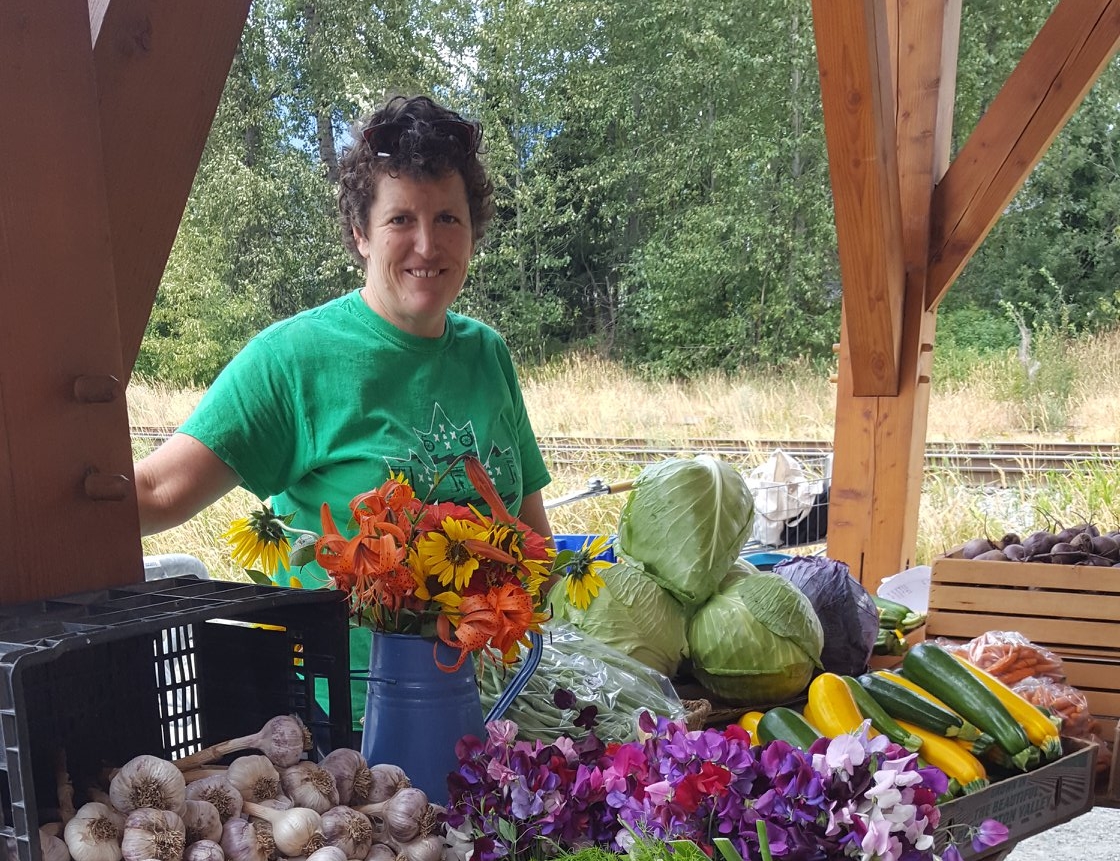
Any produce market vendor who understands retail will tell you that the surest way to sell something is to whack it into a plastic bag and put a price sticker on it. Just today at market, one of my staff spent the entire four hours making tidy little plastic bags of potatoes. Probably about 70% of sales today came from $6 bags of Sieglinde potatoes.
These are the bags the Vancouver Farmers’ Market management wants to ban. I have been moaning about this coming ban to anyone who would listen (and some who would not) for months now. And I will just stop you there as you come up with suggestions on how to replace them. You can’t replace them. It’s plastic: it doesn’t break down and there is no replacement.
Plastic is amazing. It has changed our lives in dramatic and important and lasting ways.
Unless I hear a little more celebration of plastic, I am not going down without a fight.
Anna Helmer farms in Pemberton where there are a surprising number of rules, policies, and standards for such a population of keenly individualistic farmers.


